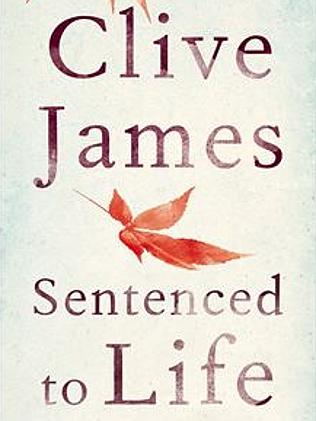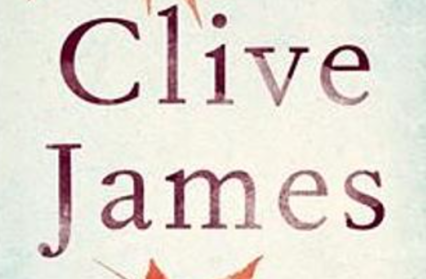Martin Locock reviews Clive James’ poetry collection, Sentenced to Life, which bares a consistent theme of regret and loss.
In one of the waves of shared sentiment that so easily find expression in the interconnected lives of those on social media, the publication of the poem ‘Japanese Maple’ by the New Yorker and The Guardian, coupled with extracts from a recent interview, provoked widespread alarm that Clive James was expected to die in the near future. This response showed that although the cultural omnipresence he enjoyed in the 1970s and 1980s has faded, there remains a strong legacy of affection and admiration. The late flowering of his honest and candid poetic gift in the face of the inevitable is a surprising end to a dazzling career. The work in this volume shares a consistent theme of regret, loss and a reluctant resignation to the trivial indignities of illness and the prospect of extinction.

Clive James first came to prominence in the UK fresh off the boat from Australia, buoyed up by an invincible self-confidence and an eloquent line in what we would now call ‘snark’ – the default ironic tone in which the writer overlies the topic with flourishes of wit. This style, applied to television reviewing in The Observer, was a breath of fresh air: he swallowed the medium whole, soaps, sports and all, and exposed its absurdities with a precise intelligence and humour. Later he moved into television work, authored travelogues and a chat show which wallowed in its deconstruction of the form. He was also writing fiction and memoirs, and literary criticism where he lauded his heroes, most pertinent of which was Philip Larkin.
Throughout his work there is a constant – the voice, moving at will from earnest enthusiasm to sardonic amusement and frustration; the polysyllabic rumbling of the self-declared autodidact (a university-educated autodidact at that). In common with Larkin, whose end-of-life meditation ‘Aubade’ he venerates, James has now turned his focus to dealing with terminal leukaemia and preparing to die.
This collection contains 37 poems drawing on his recent life (a lately-discovered long-term affair, the acclimatisation of divorce into uneasy détente, minutiae of a sick man toddling around Cambridge).
Now, not just old, but ill, with much amiss,
I see things with a whole new emphasis
‘Sentenced to life’
Grasping at straws, I bless another day
Of having felt not much less than all right
‘My house’
I used to notice everything, and spoke
A language full of details that I’d seen
And people were amused
‘Holding court’
Too frail to fly, I may not see again
The harbour front I crossed in the South Steyne
When I was still in short pants
‘Manly Ferry’
Again and again he returns to memory, family and coping alone, aware but exhausted, with physical decline.
As with Terry Pratchett’s final novels, it seems churlish to note that this work lacks the precision and grace of old. Here, James’ verse often slips into rhyme, but does not achieve Larkin’s knack of doing so with an added spring of naturalness; often there are flabby lines and weak or forced rhymes.
Yet the collection impresses – the product of an eloquent mind dealing with a commonplace ordeal, the weak smile and eagerly-clutched joys while inconsolable finality. His wisdom, hard-won, lent weight by his situation: “Let’s live and let’s love”.
Sentenced to Life by Clive James is available here.
Recommended for you:
Nathan Munday examines Still, a poetry collection from Christopher Meredith which explores stillness, memory and, in keeping with the author’s previous work, the Welsh landscape.











